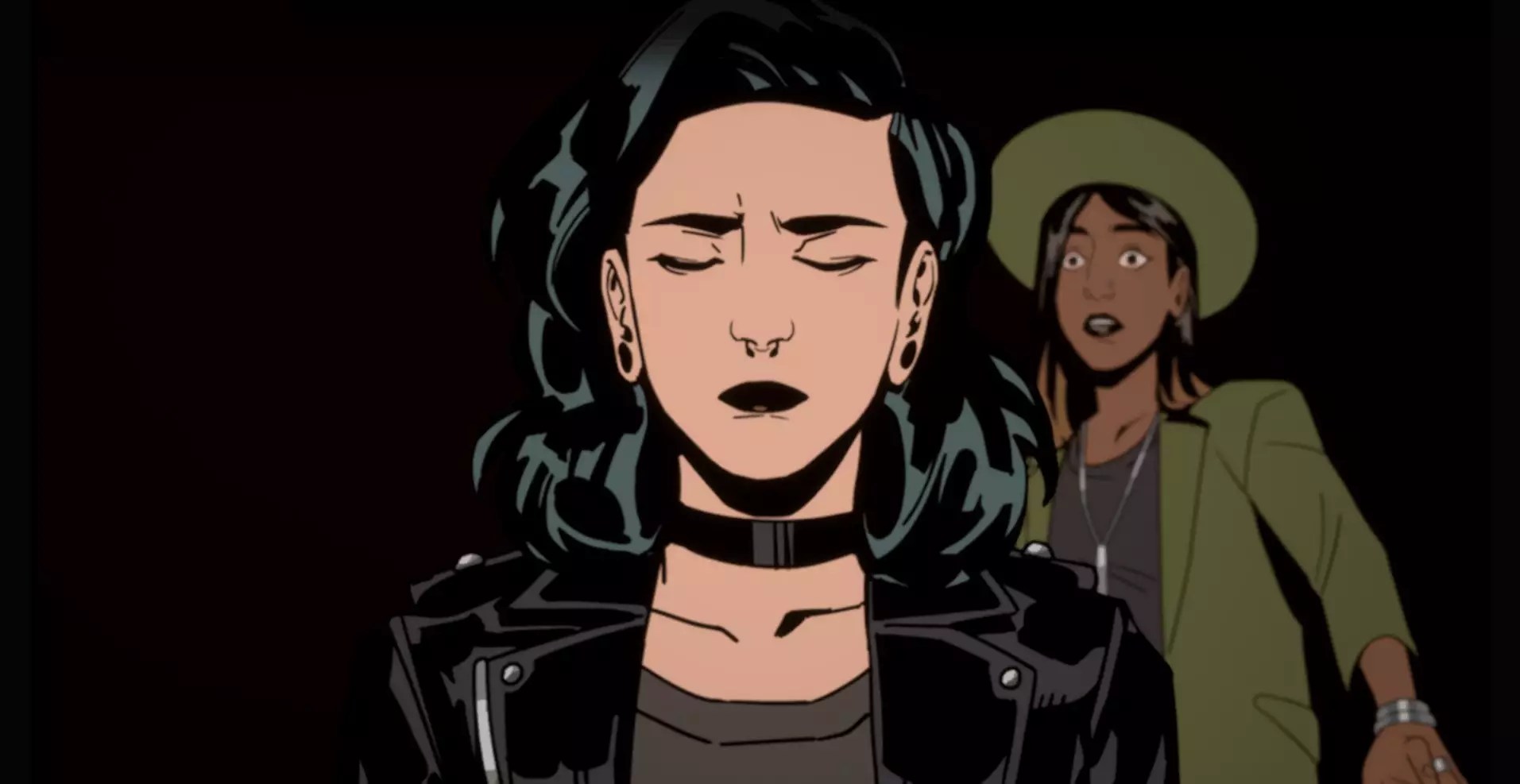The recent report released by advocacy group GLAAD has shed light on the shocking lack of LGBTQ+ representation in video games. According to the report, less than 2% of titles available on popular platforms such as PlayStation, Xbox, and Nintendo feature LGBTQ+ content. Even on Steam, where the number is slightly higher at 2.5%, it drops to 1.7% when adult-only games with sexual content are excluded. These statistics were gathered by analyzing all titles available on these platforms, revealing a distressingly low number of games with LGBTQ+ representation.
In addition to highlighting the lack of representation, GLAAD’s report also pointed out the modern demographics of video game players. Shockingly, around 17% of surveyed players were identified as part of the LGBTQ+ community. Despite this significant percentage, LGBTQ+ players are still vastly underrepresented in the gaming world. The report also found that LGBTQ+ players enjoy games for the same amount of time as non-LGBTQ+ players and engage with games in a similar manner, emphasizing the importance of inclusion and representation in the industry.
One of the key findings of GLAAD’s report was the transformative effect that meaningful representation can have on LGBTQ+ gamers. According to the survey, 72% of LGBTQ+ players found that seeing themselves represented in games had a positive impact on their wellbeing, making them happier. This highlights the disconnect between the desire for representation and the lack of it in mainstream video games. It is clear that more diverse and inclusive representation is needed to create a more inclusive gaming culture.
GLAAD has called for a range of changes in the modern games industry to address the lack of LGBTQ+ representation. They are urging developers to include more diverse characters in their games and to adopt more diverse hiring practices. By encouraging acceptance and inclusivity, GLAAD believes that gaming culture can become less toxic and more welcoming to LGBTQ+ players. Additionally, having more LGBTQ+ representation in leadership roles within the industry can lead to improved working conditions, player experiences, and in-game representation.
The lack of LGBTQ+ representation in video games is a pressing issue that needs to be addressed. With a significant percentage of players identifying as LGBTQ+, it is essential for the gaming industry to become more inclusive and diverse. By providing meaningful representation and promoting acceptance, the gaming industry can create a more welcoming environment for all players, ultimately leading to a more positive and enjoyable gaming experience for everyone.


Leave a Reply